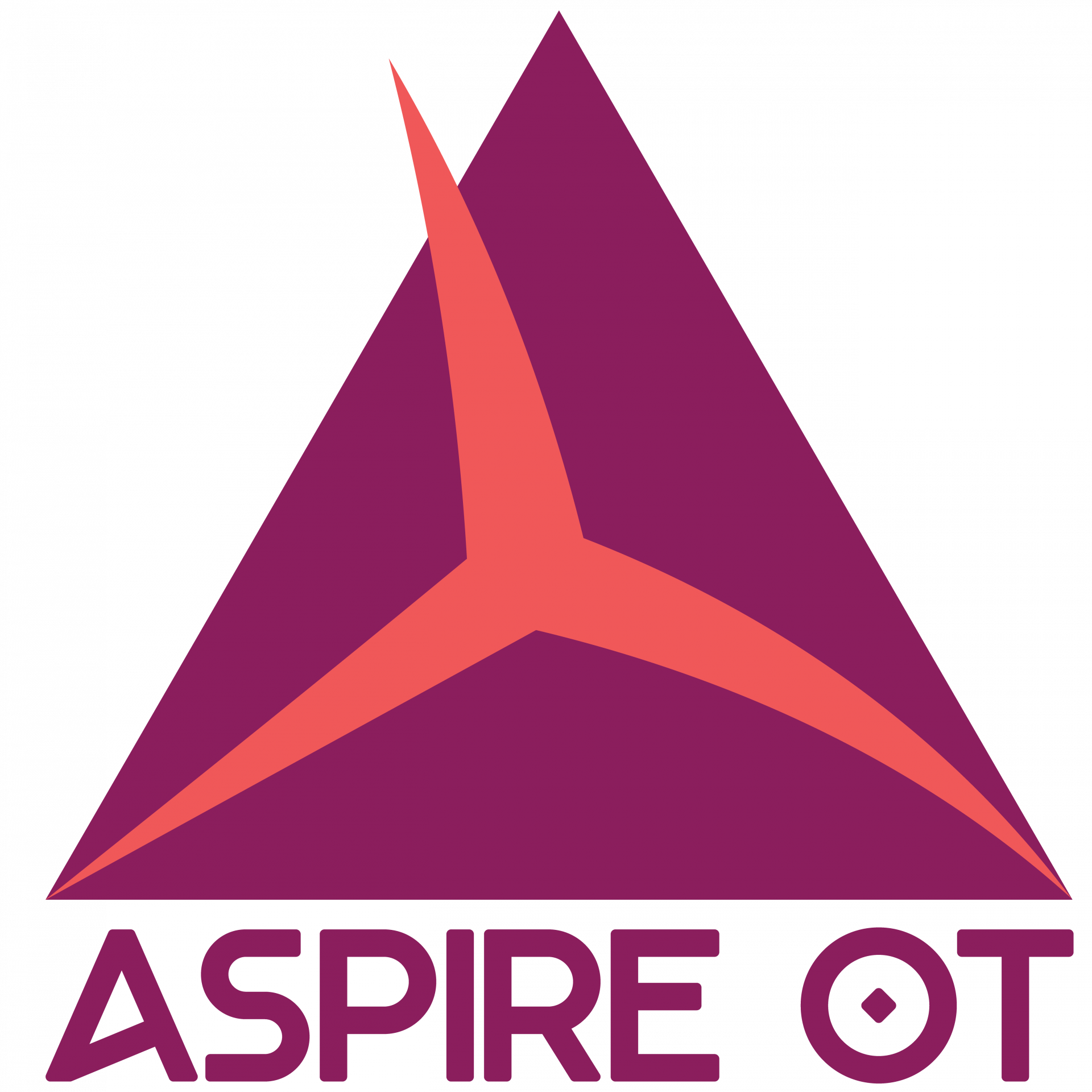
I am really looking forward to our brand-new webinar next week on motivational interviewing. Several years ago, motivational interviewing helped me transform my OT practice for the better.
Using motivational interviewing concepts and techniques, I improved how I interacted with clients to better understand what they wanted and what was important to them. I also learned to be curious with the client instead of thinking I was the expert all the time. If you haven’t encountered motivational interviewing yet as an OT treatment approach, I can’t recommend our new webinar enough.
As I have continued my journey towards being truly client centered, I like to try new questions or phrasing with clients to build a stronger partnership or to help the client meet their goals. Sometimes I come up with these new questions on the fly. Other times I might hear another OT practitioner use a phrase that I end up trying or I even get ideas from conversations that happen in our courses. I always love it when our Aspire OT community shares what works for them during a webinar or through our discussion boards.
I must admit that my attempts at using these questions or new phrases don't always have successful outcomes, as some of the phrasing or questions I experiment with produce less than impressive results. Of course, every client is different so picking and choosing what statements to use with each client is part of therapeutic use of self and building that therapeutic relationship.
I must admit that my attempts at using these questions or new phrases don't always have successful outcomes, as some of the phrasing or questions I experiment with produce less than impressive results. Of course, every client is different so picking and choosing what statements to use with each client is part of therapeutic use of self and building that therapeutic relationship.
I've come to really like one particular question I use because it helps my clients feel more confident. As OT practitioners, we're always striving to boost our clients' confidence every single day. It's just something that naturally comes with the territory of being in this profession. This question also was the result of an idea that most folks may underestimate what they contribute or accomplish to a task or project. I know I do that!
Have you ever had the experience of someone acknowledging and highlighting the significance of your contribution to something? I bet you had a really great feeling as a result. As I sit here writing this, I can conjure up from memory a time someone did that for me and even begin to experience the feelings I had in that situation. It feels like I can conquer anything! Let’s use that powerful feeling to help our clients! Asking the client this question helps bring out those feelings and also use a strengths-based approach during my OT treatments.
I’m sure by now you are wondering what this question is! Here is the question and how I use it in the session:
After the client has completed a task, I ask, “How much of *insert task* did you do?”
Have you ever had the experience of someone acknowledging and highlighting the significance of your contribution to something? I bet you had a really great feeling as a result. As I sit here writing this, I can conjure up from memory a time someone did that for me and even begin to experience the feelings I had in that situation. It feels like I can conquer anything! Let’s use that powerful feeling to help our clients! Asking the client this question helps bring out those feelings and also use a strengths-based approach during my OT treatments.
I’m sure by now you are wondering what this question is! Here is the question and how I use it in the session:
After the client has completed a task, I ask, “How much of *insert task* did you do?”
What a great opportunity for me as an OTA to provide a skilled service to help the client acknowledge what is going well for her and how much she is accomplishing. I was able to discuss with the client how much I helped during the functional mobility and then compare that to what the client had said. I also worked with the client to help her identify what was going well for her during the task so she could affirm her strengths. We then moved to identifying and discussing what seemed harder or was not working as well. This allows the client to come up with a plan for working to improve those using what was working well.
After that discussion, I noticed a change in the overall demeanor of the client. She smiled more and did mention that she felt accomplished.
I have to wonder if I had not asked the question and been able to have the discussion with the client, would she have come away from our session thinking she had accomplished so much less than she really did? I have to tell you that has really motivated me to work this question into my treatments!
After that discussion, I noticed a change in the overall demeanor of the client. She smiled more and did mention that she felt accomplished.
I have to wonder if I had not asked the question and been able to have the discussion with the client, would she have come away from our session thinking she had accomplished so much less than she really did? I have to tell you that has really motivated me to work this question into my treatments!
As I have continued to use the question, I find that most clients underrate their performance. It has been really eye-opening and surprising. I encourage you to consider having your client reflect on their performance as part of your OT treatment sessions! You probably even will have better ideas and ways of asking then I have even imagined! I would love to hear what you come up with! Shoot me an email to nrowe@AspireOT.us or come leave a comment with us on social media!
Address your client's mental health with these course!
Just for OT Subscription
What's included

Want more?
Find courses that will provide you with practical strategies you can take straight to your OT practice.
Don't Miss A Thing!
Follow us on social media to stay up to date on all of our latest postings.
Write your awesome label here.
Coaching, JUST for OT Practitioners
Do you want to implement self-management into your OT practice but not sure where to start?
Aspire OT Coaching is here to help you. Let Kim and Niccole share their experiences in implementing self-management strategies into their inpatient, outpatient and home health practices to help you be successful!
